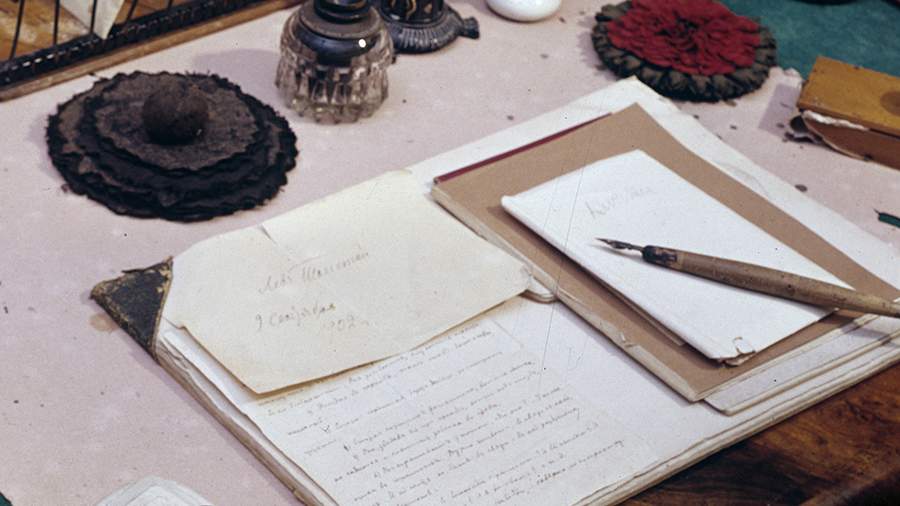March 3 — World Writer's Day: history and traditions of the holiday

The history of World Writer's Day, celebrated on March 3
The history of the celebration goes back to the beginning of the 20th century, when the PEN club was founded in London, uniting poets, essayists and novelists. The actual name of the club is an abbreviation of the English words poets, essayists and novelists.
In 1923, the first international congress of the organization was held in the capital of Great Britain. At the same time, the first PEN centers were established in a number of states. Today they operate in 130 countries. Since the founding of the literary association, its members have been advocating for freedom of speech, as well as against falsification and distortion of public facts, following these principles to this day.
In 1986, at the next congress of the club, it was decided to establish World Writers' Day to support young writers and remind them of the role of writers in the world, including in shaping public opinion, and the development of cultural dialogue between countries. And, of course, Writer's Day is a great occasion to remember the great authors whose works have entered the treasury of world literature.
At the same time, poets have a separate holiday — World Poetry Day, which is celebrated on March 21. And on April 23, World Book Day is celebrated.
How to celebrate Writer's Day in Russia and the world — 2025
Traditionally, creative meetings of writers are held on Writer's Day. They discuss work issues, current trends in literature and present new books. Authors of popular works hold meetings with readers and autograph sessions in bookstores and other public spaces.
Many publishers release collector's editions of books especially for the holiday, and bookstores hold promotions and sweepstakes for customers. Literary prizes and the release of books by new authors are often timed to coincide with the celebration.
There are stories in the media about both famous and aspiring writers. Such conversations are organized in cultural and educational institutions. Educational excursions, entertaining literature lessons and quizzes are provided for adults and children.
During these events, visitors can find out when the profession of writing originated, how books are created, where authors draw inspiration from, and even try themselves as a writer.
Interesting facts about writers
This year will be a special year for world literature. In 2025, the anniversaries of Alexander Griboyedov, Anton Chekhov, Alexander Kuprin, Ivan Bunin, Mikhail Sholokhov, Alexander Tvardovsky, Lev Kassil, Sergei Yesenin, Joseph Brodsky, Alphonse Daudet, Guy de Maupassant, Antoine de Saint-Exupery, Mark Twain, Harry Harrison and many others will be celebrated.
For the World Writer's Day, Izvestia collected interesting facts about some of the anniversaries:
• Alexander Kuprin actively supported young writers and was one of the organizers of the Writers' Union of Russia. Before starting his writing career, he tried his hand at journalism: he wrote articles, essays and reports. In his free time, he loved outdoor recreation and hunting;
• Boris Pasternak, whose anniversary was celebrated in February, was an avid gardener. After receiving a cottage in Peredelkino near Moscow, he spent a lot of time in the garden. According to the memoirs of his contemporaries, zucchini grew best of all;
• Anton Chekhov, the author of the famous phrase "Everything should be fine in a person," actively embodied it by personal example. He had never been seen in an untidy state in his entire life. The writer carefully watched his appearance and even sat at the desk in his office in a formal suit;
• Guy de Maupassant was also a great aesthete. Like many other representatives of the French intelligentsia of that time, he had very contradictory feelings about one of the most recognizable symbols of Paris — the Eiffel Tower. He believed that the tower disfigured his beloved city and called it a clumsy skeleton.
Earlier, Izvestia wrote that Russians started spending more money on buying books.
Переведено сервисом «Яндекс Переводчик»

